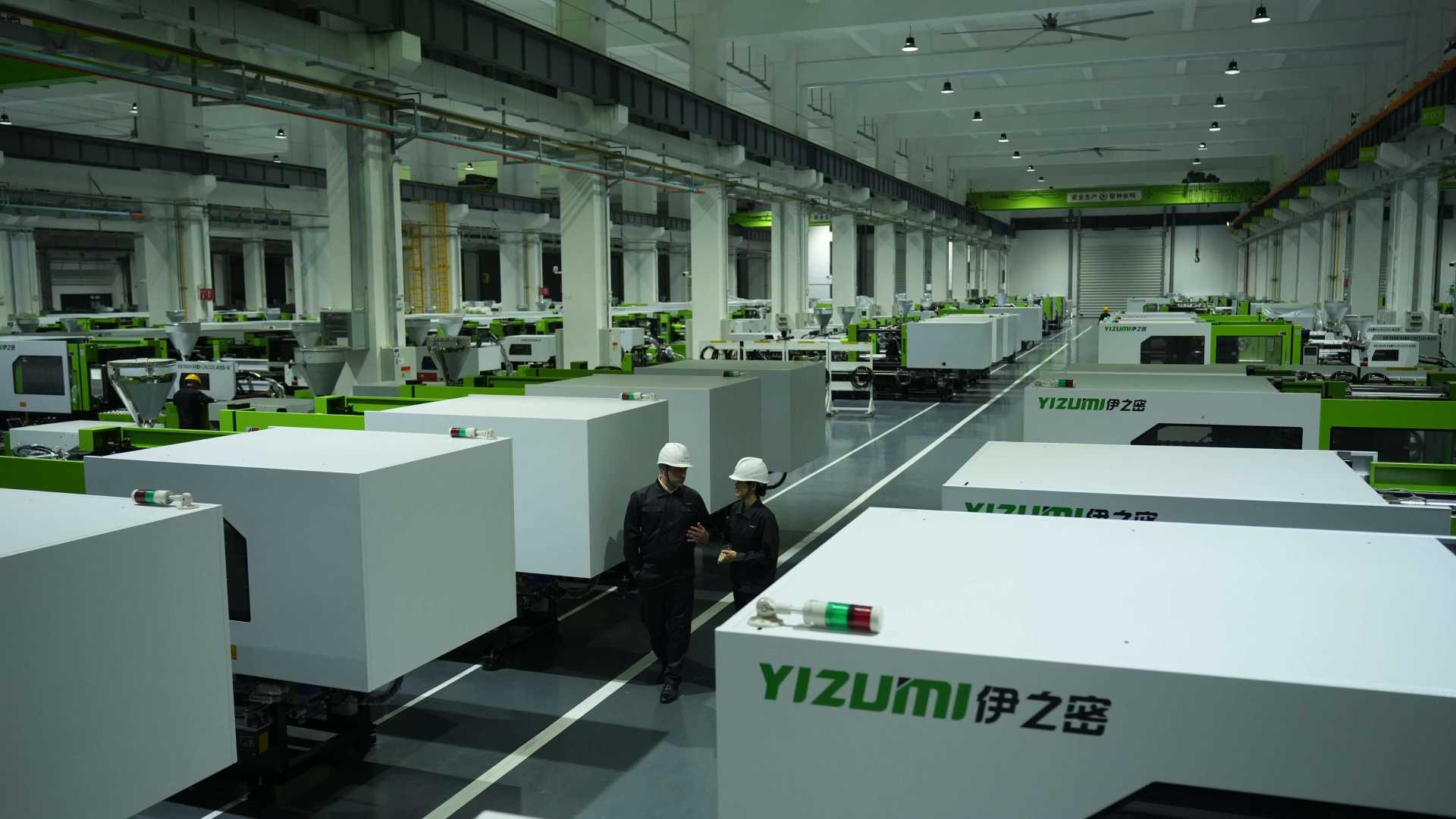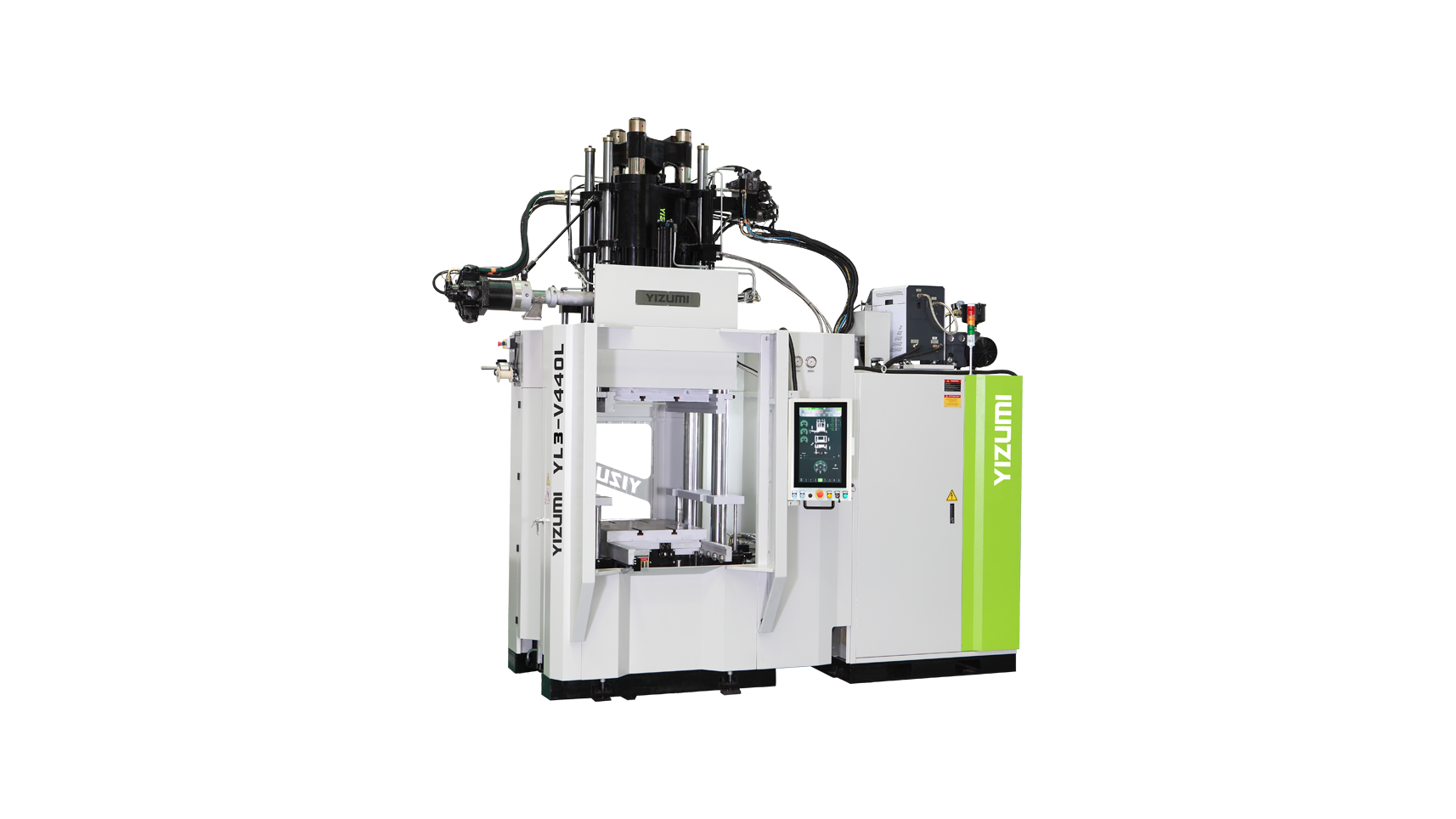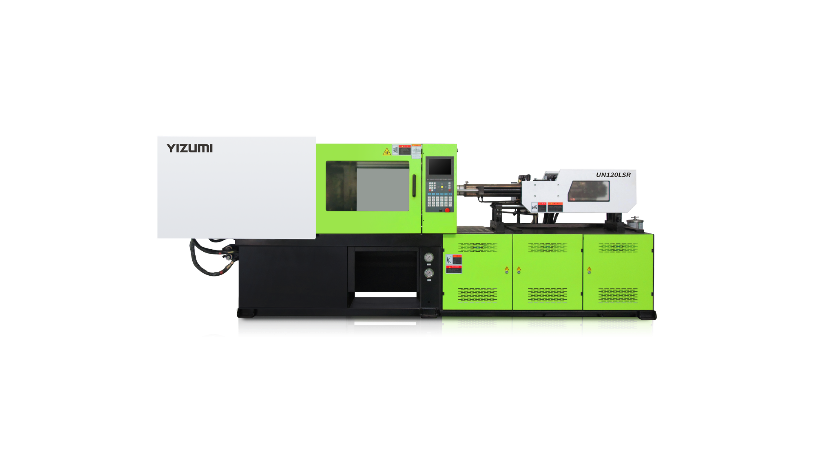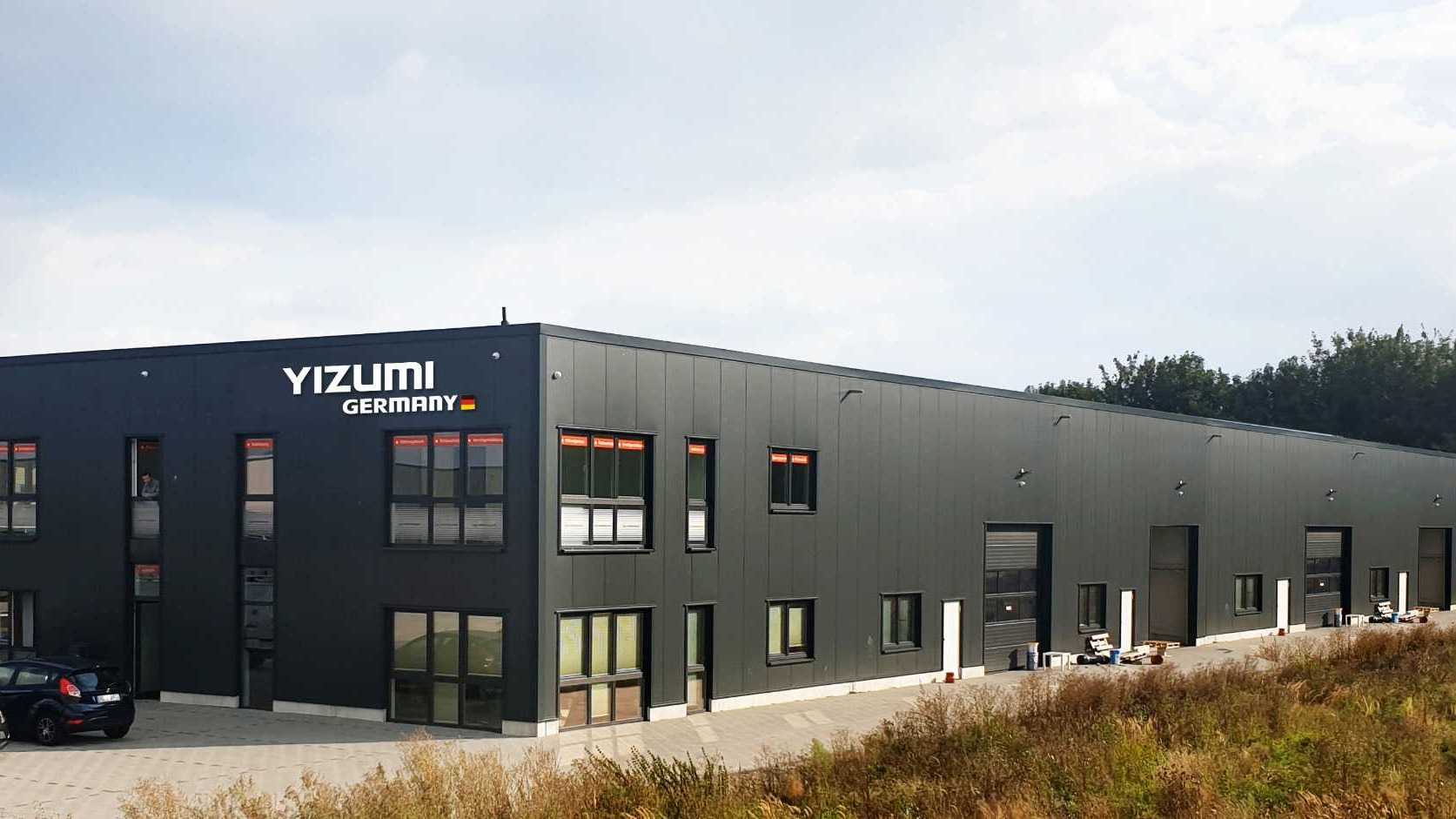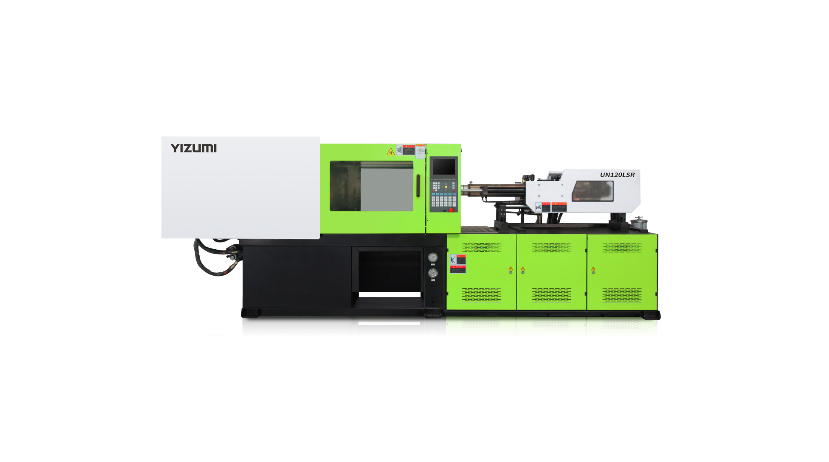Silicone Injection Machine Buyers' Guide: 6 Key Factors to Consider
Abstract:
In precision-driven manufacturing landscape, silicone injection molding has carved a niche in diverse industries—ranging from medical devices and baby care products to automotive components and wearables. The surge in demand for high-performance elastomers has pushed manufacturers to seek sophisticated, reliable silicone injection machines that offer exceptional accuracy, throughput, and repeatability.
In today’s precision-driven manufacturing landscape, silicone injection molding has carved a niche in diverse industries—ranging from medical devices and baby care products to automotive components and wearables. The surge in demand for high-performance elastomers has pushed manufacturers to seek sophisticated, reliable silicone injection machines that offer exceptional accuracy, throughput, and repeatability.
But with the proliferation of brands, technologies, and configurations, choosing the right machine can be a daunting endeavor. It’s not just about selecting a model—it’s about ensuring the machine integrates harmoniously with your production goals, materials, and regulatory standards. This guide dives deep into the pivotal elements buyers must weigh before making a significant investment in silicone injection molding machinery.
1. Machine Type & Configuration: Tailoring to Your Application
Not all silicone injection machines are created equal. The architecture—horizontal or vertical—plays a pivotal role in determining your production flow and ergonomics. Horizontal machines, ideal for automated and high-volume processes, provide fast cycle times and ease of integration. Conversely, vertical machines shine in insert molding operations, especially where overmolding of metal or plastic components is required.
Beyond the layout, understanding your raw material needs is essential. Machines designed for liquid silicone rubber (LSR) offer closed-loop metering and cold-runner systems, which are vital for thermally sensitive materials. For high-consistency rubber (HCR), machines typically require customized extruders and more robust temperature regulation due to the higher viscosity of the compound. Choosing the wrong configuration may compromise material integrity, part quality, and operational efficiency.
Liquid Silicone Injection Machine For Collapsible Lunch Boxes
2. Precision & Repeatability: The Heart of Silicone Molding
Silicone molding demands micron-level tolerances, especially for sectors like medical or microelectronic components. A machine’s shot accuracy—the consistency with which it dispenses the same volume of material—is paramount. Deviations can lead to flash, short shots, or dimensional instability.
Equally critical is the clamping force, which must be calibrated to the mold’s complexity and part size. Too much force risks damaging delicate molds; too little and flash becomes inevitable.
Machines equipped with servo-hydraulic or all-electric drive systems provide exceptional control over injection speed, pressure, and holding phases. These systems minimize variability, reduce energy consumption, and extend tooling life. For buyers, these features are not mere luxuries—they're foundational to achieving high yield and low scrap rates.
3. Temperature & Injection Control Systems: Working Principle Behind the Operation
Silicone's unique curing profile mandates rigorous thermal regulation. Advanced machines are outfitted with multi-zone temperature control, enabling granular heating across the barrel, mold platens, and nozzles. A fluctuation of even a few degrees can lead to premature curing or incomplete crosslinking.
Additionally, the injection unit design—including screw geometry and cold-runner configuration—affects how uniformly the silicone is delivered. A well-insulated cold deck ensures material doesn’t cure prematurely, while a precisely engineered screw system maintains homogeneity.
Some high-end machines offer real-time viscosity sensing and auto-adjusted injection parameters, making them particularly suited for medical-grade LSR applications where repeatability and hygiene are non-negotiable.
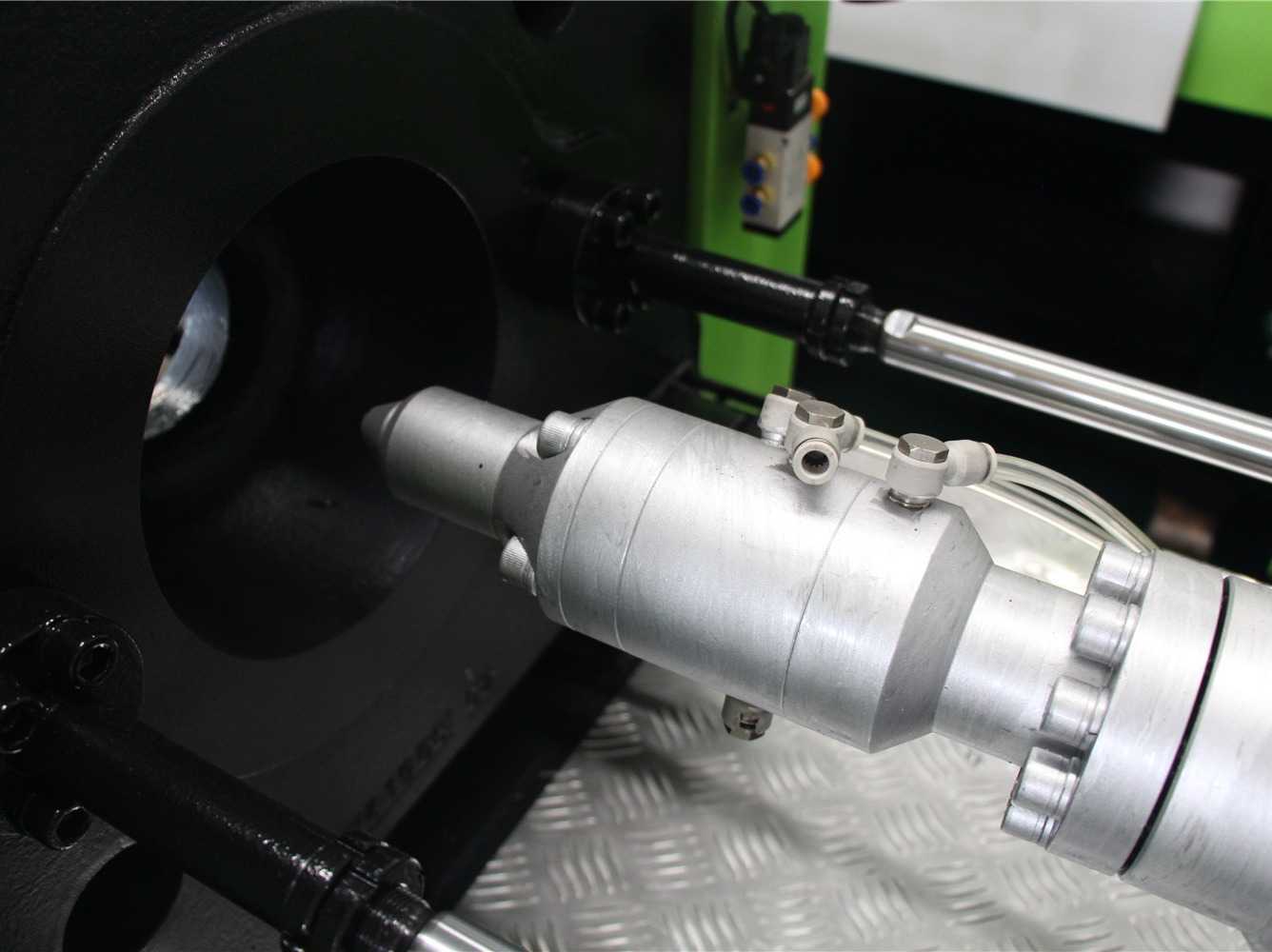
Water-Cooled Pneumatic Injection Nozzle
4. Automation & Integration Capabilities
In the age of smart manufacturing, a silicone injection machine must do more than mold parts—it should act as a central node in a digital production ecosystem.
Modern machines support integration with robotic demolding arms, vision inspection systems, and post-curing conveyors. This streamlines production, reduces labor costs, and enhances quality assurance. Look for platforms that are Industry 4.0-ready, supporting OPC UA protocols for seamless communication with MES and ERP systems.
For high-volume, 24/7 operations, this kind of automation isn’t an optional extra—it’s an operational imperative.
5. Supplier Support & After-Sales Service
The technical complexity of silicone injection machinery makes after-sales service a crucial component of the buying decision. A reputable injection machine supplier offers not just machines, but a partnership—providing installation support, operator training, and preventive maintenance plans.
Inquire about the availability of local service engineers, real-time remote diagnostics, and the lead time for critical spare parts. Some top-tier injection machine manufacturers also offer virtual troubleshooting in time, significantly reducing downtime.
A machine without robust service backing can quickly become a production liability, no matter how advanced its technology.
6. Cost of Ownership: Beyond the Initial Price Tag
Initial capital expenditure only tells half the story. A more insightful metric is the total cost of ownership (TCO)—a composite of energy consumption, maintenance, spare parts, downtime, and production efficiency.
Machines that feature energy recovery systems, precision dosing, and wear-resistant components may command a higher upfront price but deliver superior ROI over time. Also, examine the availability and cost of proprietary versus universal replacement parts.
Durability, uptime, and operator-friendliness translate into long-term savings and reduced operational turbulence. In the long run, cutting corners on quality often proves far costlier than investing in proven performance.
7. Product Spotlight: YIZUMI LSR Series Liquid Silicone Injection Molding Machine
YIZUMI’s LSR Series stands at the forefront of specialized thermoset molding, marrying a dedicated liquid silicone injection unit with the robust SKII platform for exceptional consistency and precision.
It's designed for efficient blending, vulcanization, and solidification, boosting yield and reliability across diverse production scales.
LSR Series Liquid Silicone Injection Molding Machine
Key Features
Advanced Injection Unit & Mixing Screw: The proprietary mixing screw precisely combines A/B silicone components, eliminating issues like adhesion, yellowing, or curing anomalies.
Thermal Stability: Water-cooled pneumatic nozzles prevent premature curing, while built-in mold temperature control ensures even heat distribution and thermal stabilization.
Scalable & Flexible Design: With expanded tie-bar space (460 mm), the LSR machine accommodates larger or more complex molds—ideal for both high-volume and batch-custom production—while optimizing equipment utilization.
Clean, Efficient Pneumatic Feeder: The fully-pneumatic silicone feeder guarantees precise A/B ratios (±3%), zero leakage, uniform mixing, and minimal material waste.
Ideal for Medical, Automotive & Consumer Goods: Boasting tight tolerances, food-grade compatibility, and robust temperature handling, the LSR Series is well-suited for medical parts, automotive seals, kitchenware, and beyond.
Conclusion: Making a Strategic, Future-Proof Decision
Choosing the right silicone injection machine is a strategic decision that ripples across your entire production lifecycle. It’s not simply about technical specifications—it’s about alignment with your application needs, growth trajectory, and operational philosophy.
Before finalizing any purchase, use a holistic checklist:
- Is the machine tailored to my material (LSR or HCR)?
- Does it offer the precision and thermal control my parts require?
- Can it scale with automation and smart integration
- What level of technical and service support is included?
- How does it perform in long-term operational economics?
By approaching the purchase as a long-term strategic investment—not a short-term procurement—you ensure your business remains agile, competitive, and resilient in the ever-evolving silicone molding landscape.
Ready to Elevate Your Production?
If you're aiming for unwavering precision, scalable flexibility, and uncompromised quality in silicone molding, the YIZUMI injection molding machines offer a future-proof solution tailored to your needs. Reach out today to explore how YIZUMI’s turnkey LSR technology can transform your operations and safeguard your competitive edge!
